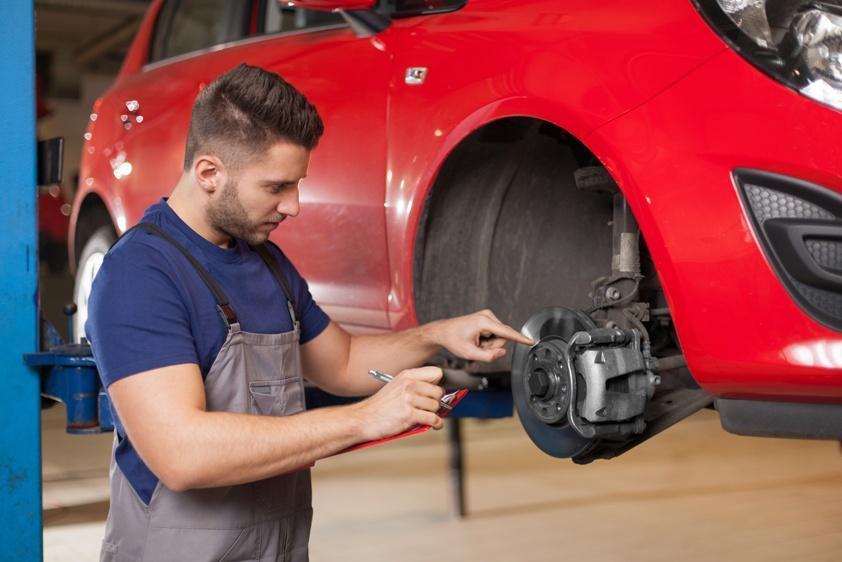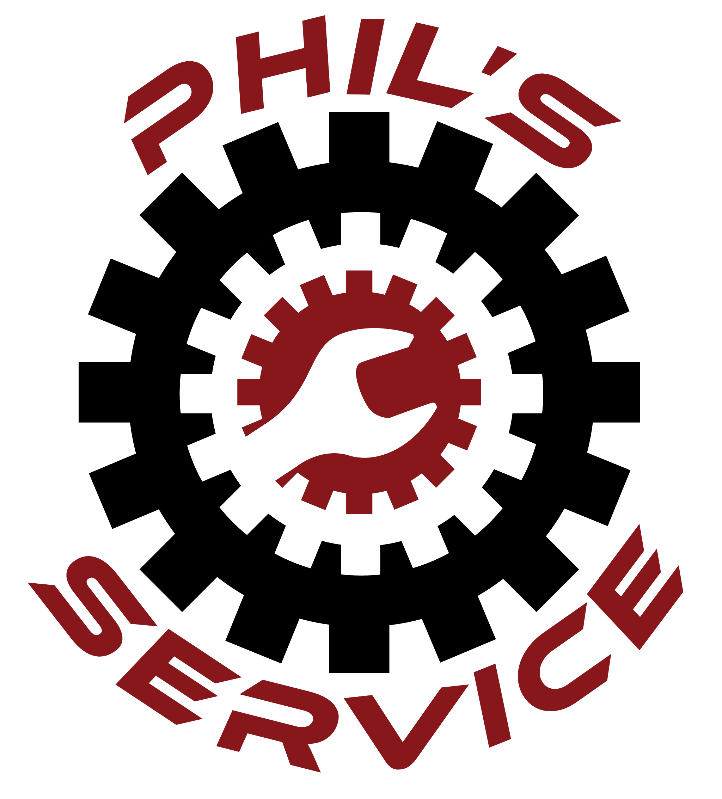Ever Wondered What Does An Automotive Technician Do?
This may be a question that new drivers often wonder about. It’s assumed that everyone knows what an automotive technician does. However, just in case you need to know, here is a typical job description for a certified automotive repair technician:
- Identify mechanical problems, often using the computerized diagnostic equipment.
- Follow checklists to ensure that all critical parts are examined.
- Perform preventative maintenance, including oil changes, tune-ups, fluid levels, transmission flushes, tire rotations, and much more.
- Repair or replace worn-out parts, such as brake pads and wheel bearings.
- Disassemble, clean, and reassemble major vehicle parts, such as transmissions and engines.
- Use diagnostic testing equipment to ensure that repairs and maintenance are performed correctly and are effective.
- Explain to customers in easy-to-understand terms their vehicle problems and the appropriate repair needed.
Not only do automotive repair technicians work on traditional mechanical components, such as engines, transmissions, and drive belts, they now must also gain experience with electronic systems that are controlled primarily by computers and electronic components. Other integrated electronic systems, such as accident-avoidance sensors, are also becoming common. Technicians are now being asked to work on vehicles that run on alternative fuels, such as ethanol and electricity.
Auto technicians sometimes specialize in a particular type of automotive repair that may be subject to specific regulations or procedures. Here are a few examples:
- Auto air-conditioning technicians must follow federal and state regulations governing the handling, recycling, and disposal of refrigerants.
- Brake technicians adjust and replace rotors and pads, and other components of the brake system.
- Front-end mechanics align and balance wheels and repair steering mechanisms and suspension systems.
- Transmission technicians work on gear trains, couplings, hydraulic pumps, and other parts of transmissions. Extensive knowledge of computer controls, the ability to diagnose electrical and hydraulic problems, and other specialized skills are needed.
- Drivability technicians use their knowledge of engine management, emission, fuel, electrical, and ignition systems to diagnose issues that prevent engines from performing efficiently with the use of specialized computers.
Looking for professional automotive repair technicians you can trust? Contact our ASE Certified technicians at Phil's Service today for more information about our automotive repair services and to schedule an appointment. Our auto shop proudly serves residents in the community of Killeen, TX, and surrounding area.
Interested in what does an automotive technician do? The automotive repair professionals at Phil's Service will be happy to answer your questions.
This may be a question that new drivers often wonder about. It’s assumed that everyone knows what an automotive technician does. However, just in case you need to know, here is a typical job description for a certified automotive repair technician:
- Identify mechanical problems, often using the computerized diagnostic equipment.
- Follow checklists to ensure that all critical parts are examined.
- Perform preventative maintenance, including oil changes, tune-ups, fluid levels, transmission flushes, tire rotations, and much more.
- Repair or replace worn-out parts, such as brake pads and wheel bearings.
- Disassemble, clean, and reassemble major vehicle parts, such as transmissions and engines.
- Use diagnostic testing equipment to ensure that repairs and maintenance are performed correctly and are effective.
- Explain to customers in easy-to-understand terms their vehicle problems and the appropriate repair needed.
Not only do automotive repair technicians work on traditional mechanical components, such as engines, transmissions, and drive belts, they now must also gain experience with electronic systems that are controlled primarily by computers and electronic components. Other integrated electronic systems, such as accident-avoidance sensors, are also becoming common. Technicians are now being asked to work on vehicles that run on alternative fuels, such as ethanol and electricity.
Auto technicians sometimes specialize in a particular type of automotive repair that may be subject to specific regulations or procedures. Here are a few examples:
- Auto air-conditioning technicians must follow federal and state regulations governing the handling, recycling, and disposal of refrigerants.
- Brake technicians adjust and replace rotors and pads, and other components of the brake system.
- Front-end mechanics align and balance wheels and repair steering mechanisms and suspension systems.
- Transmission technicians work on gear trains, couplings, hydraulic pumps, and other parts of transmissions. Extensive knowledge of computer controls, the ability to diagnose electrical and hydraulic problems, and other specialized skills are needed.
- Drivability technicians use their knowledge of engine management, emission, fuel, electrical, and ignition systems to diagnose issues that prevent engines from performing efficiently with the use of specialized computers.
Looking for professional automotive repair technicians you can trust? Contact our ASE Certified technicians at Phil's Service today for more information about our automotive repair services and to schedule an appointment. Our auto shop proudly serves residents in the community of Killeen, TX, and surrounding area.
